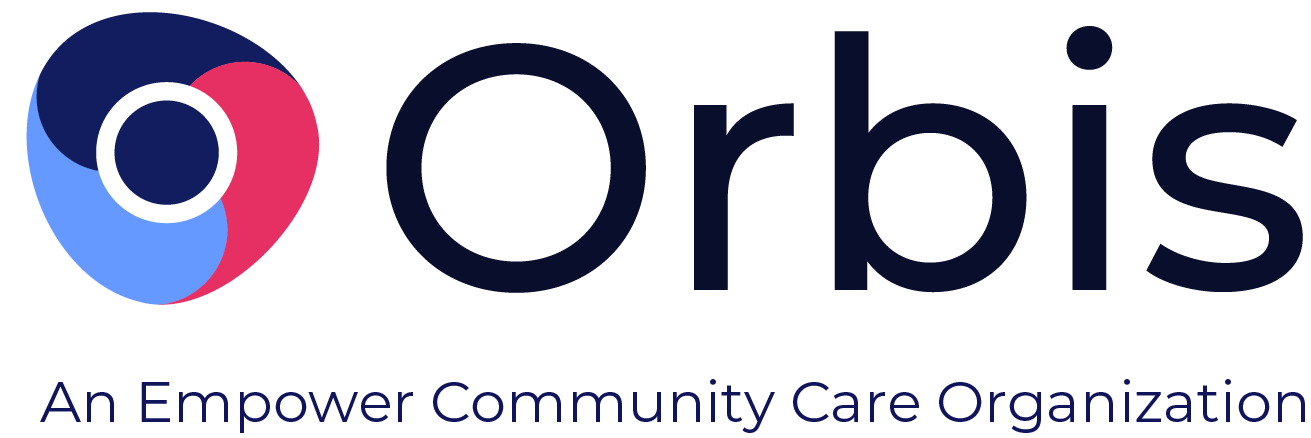What price do we pay by charging youths as adults?
In the United States, you are considered an adult at the age of 18. You can legally vote in an election or join the military at this age without a guardian’s consent. However, in some states, a young person can be charged as an adult in a criminal court under the age of 18. Why is that?
The costs of charging juvenile offenders as adults
The Equal Justice Initiative reports that around 4,500 children are housed in adult jails on any given day in America. These children are nine times more likely to commit suicide in adult prisons than in juvenile facilities and face an increased risk of being sexually assaulted.
Additionally, justice-involved youth who witness violence during incarceration, which is more likely in adult facilities, are less likely to be deterred from future crime. And what about the long-term consequences? The news doesn’t get any better.
Juveniles whose cases were seen in criminal court were more likely to re-offend and to re-offend sooner than matched samples of teens whose cases were seen in juvenile court. For example, young people tried and convicted as adults were found to be 34 times more likely to commit another crime than an adolescent tried for similar offenses in the juvenile justice system.
The alternatives
Evidence-based programs and assessments for justice-involved teens are proven to return significantly better results than ordinary incarceration. Assessments like the Youth Assessment and Screening Instrument (YASI), can effectively measure the risk, needs, and strengths of a youth and link results with a proper treatment plan.
YASI, an innovative risk assessment tool designed by Orbis Partners, has good gauges for treating youth and reducing recidivism. YASI measures risk, needs, and protective factors (strengths) in at-risk and justice-involved youth. It provides a vehicle for entering and analyzing information collected by probation officers, caseworkers, youth service managers, social workers, and other professionals who assess at-risk youth. YASI allows these professionals to immediately link client assessment results to individualized case planning and service provision.
States are starting to initiate juvenile justice system reform
Adolescent brains are not fully developed. Young people think differently than grown-ups, react differently, and often don’t consider the consequences of their actions.
Some states have recognized that. In 2020, Vermont raised the age to 18, rendering it the state with the highest juvenile jurisdiction age cutoff in the country. Additionally, Illinois, Massachusetts, New Hampshire, Mississippi, Rhode Island, and Connecticut have all raised the age that a young person is tried in adult court to 18. There are “raise the age” campaigns in multiple states including Georgia, Texas, New York, and Wisconsin.
Moreover, with advancements in data collection and technology, many areas are adopting evidence-based approaches to screening instruments in the juvenile justice system. As of 2017, 42 states support risk assessment through either state statute or probation agency policy.
Movements like these can allow the juvenile justice system to fairly serve youth and allow better rehabilitation.
Orbis Partners provides solutions for criminal justice and human services systems, specializing in designing and implementing services for at-risk client groups. Orbis’ risk/needs assessment tools for youth are designed to guide the casework process by incorporating an individual’s unique set of needs. For more information about assessments related to at-risk youth, visit our Assessments page by clicking here.


